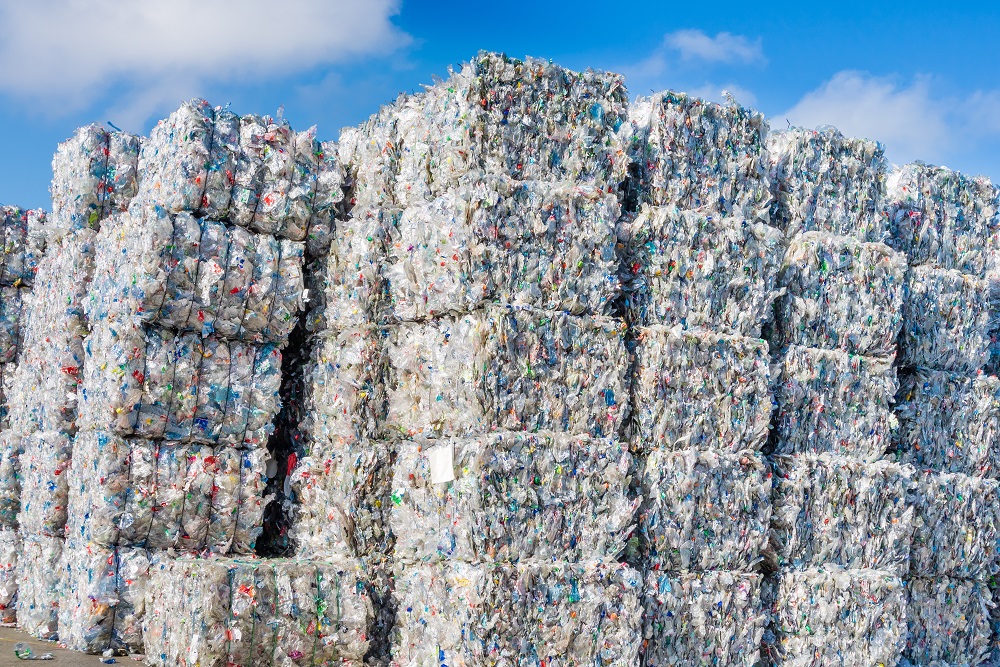Plastic Recycling and the End of Oil Dependence

When it comes to plastic and petroleum, there are two things we know for sure: the U.S. landfills far too much plastic and we rely too heavily on foreign oil. What if we could find a single solution to address both? That is the plan of at least one well-known U.S. manufacturer. The company is currently working on a plan to turn mixed plastic waste into oil good enough to put back into the national pipeline.
The Byte website reports that Honeywell International is working with a Spanish company to scale up a recycling process for turning waste plastic into refinery-quality oil. The process, known as Upcycle Process Technology, has already proved effective and viable. Now Honeywell and its Spanish partner are working on scaling it up for commercial use.
If all goes as planned, Honeywell believes the technology could ultimately lead to the ability to recycle up to 90% of all plastic waste. That is a pretty ambitious estimate. If it turns out to be correct, Upscale Process Technology could both solve the plastic recycling problem and cut our dependence on foreign oil.
Turning Waste into Revenue
Honeywell is a major producer of aircraft parts – many of which are made entirely from plastic or include a heavy dose of plastic components. Needless to say, Honeywell generates a significant amount of industrial plastic waste. If they can convert that waste into refinery-quality oil, they can turn it into actual revenue.
Transforming industrial plastic waste into regrind is another way to generate revenue. But the process only goes so far. Tennessee-based Seraphim Plastics is one of several companies that do it, but they cannot deal with mixed plastic effectively. For them to make money buying and selling scrap plastic, they have to deal in ‘clean’ plastic. Mixed plastic limits their ability to make money.
The Plastic-Petroleum Link
Honeywell wants to do better than mere grinding. When you step back and think about what it has accomplished, the premise makes perfect sense. That premise is rooted in the understanding that plastic is actually petroleum. With the exception of a few emerging bio plastics, all the plastics that go into making modern life what it is are derived from petroleum.
Guess what? So is oil. The oil that keeps your car’s engine from seizing up is a petroleum product. So is the heating oil that keeps your house warm, and the 2-in-1 oil that keeps your door hinges from squeaking. That being the case, what better way to deal with plastic waste than converting it from one petroleum product into another?
More Oil with Less Drilling
Honeywell’s plans should be good news to those who oppose oil drilling. The truth is that humanity’s need for oil is never going away. Petroleum plays too big a role in our technology-driven world. But if we can produce more oil while still drilling less, that is a win-win.
Irrespective of whether less drilling is one of Honeywell’s goals or not, it would be a byproduct of turning plastic waste into oil. More oil in the pipeline reduces the need to drill. It also reduces the need to buy oil from foreign producers. And we all know that reducing our dependence on foreign oil has been both an economic and political goal for decades.
Time will tell if Honeywell and their Spanish partner succeed. If they do, most of what we know about plastic waste and foreign oil dependence will change. It is hard to see how that could be bad. Less plastic waste and more domestic oil are good news all the way around.